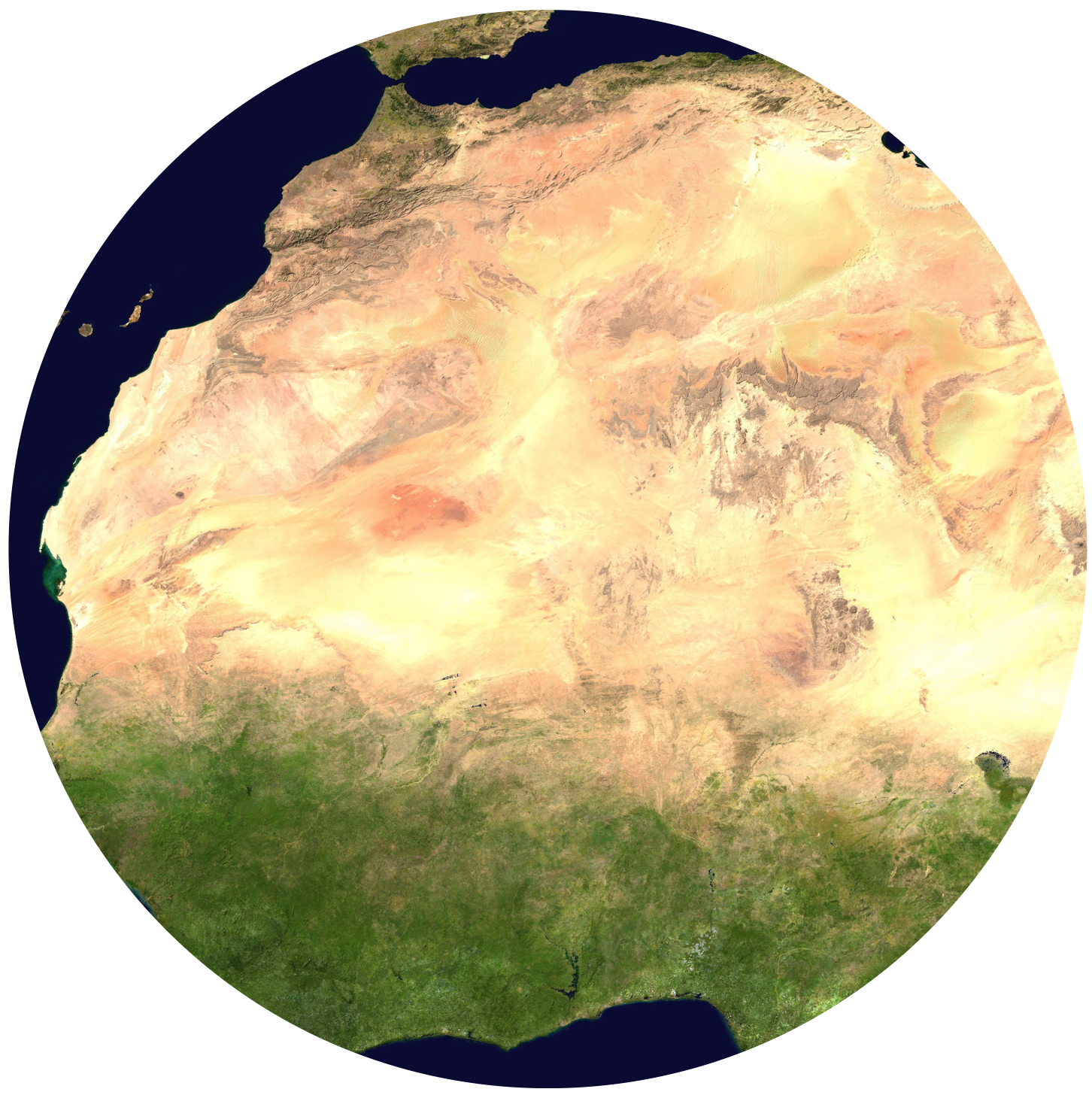While fighting continues in Libya, there has been increased calls from NATO, the EU and Member States for an urgent ceasefire and peace talks. In Egypt, there has also been new reports of clashes between the army and Islamists in Sinai, and protests have continued in Algeria.
In Mauritania, the UN has indicated willingness to observe the upcoming elections, whereas in Morocco corruption has been a subject of great interest this week. And the news of the release of a former individual with links to the regime of Ben Ali, has galvanized new calls for extradition in Tunisia.
Algeria
There are reports that several unemployed protestors were wounded in Algiers during clashes with police (Le Figaro)[1]. These latest protests come as elections are likely to be postponed again (Les Echoes)[2].
Meanwhile, a leading opposition figure, Louisa Hanoune, has been arrested for conspiracy against the State and infringement upon the military’s authority (Jeune Afrique)[3]. Employees at the Algerian national television broadcaster has also been reportedly sanctioned due to their opposition to repression against protestors in recent months (Le Monde)[4]. There has also been evidence of a letter addressed to the US Congress, asking for an American freeze on assets of several figures close to the former regime (ObservAlgerie)[5].
Egypt
Egypt has announced that at least 47 Islamic State militants and 5 army troops were killed during a battle in Sinai Peninsula (Business Live)[6]. This came following reports of a series of power cuts, gas shortages and intermittent violence in the embattled region since the beginning of the holy month of Ramadan (Mada Masr)[7].
Egypt has also welcomed the Emirati Crown Prince of Abu Dhabi, Sheikh Mohamed bin Zayed, in Cairo during a meeting with President El-Sisi (The National)[8]. This visit followed Egypt’s swift condemnation of attacks on four vessels near Emirati waters in the Gulf (Egypt Today)[9].
Libya
There have been wide-ranging calls for a ceasefire to stop the fighting in Libya. The Secretary-General of NATO, Jens Stoltenberg, and the EU have both called for a halt to hostilities between the forces of Khalifa Haftar and those supporting the Tripoli-based Government of National Accord (GNA) (NATO; Fox News)[10]. French President Macron has also announced his desire to meet with Haftar to push for a ceasefire and resume peace talks (Reuters)[11].
Meanwhile, the GNA has called upon the US in particular to intervene to halt the military offensive of Haftar (Euronews)[12]. This comes as reports have emerged that have linked some ‘Salfist’ groups to Haftar’s forces, which is notable due to Haftar’s general claim to fighting Libyan terrorism (Al-Monitor)[13].
Mauritania
The UN has indicated that it is willing to observe and accompany the upcoming Presidential elections in Mauritania (Sahara Medias)[14]. Additionally, following similar discussions in recent weeks, Mauritania has announced the new composition of its National Commission on Human Rights (L’Authentique)[15].
Similar to Egypt, Mauritania also denounced the attacks on Emirati vessels in the Gulf (C.R.I.D.E.M)[16]. This was proceeded by a donation by the UAE to Mauritania of a military transport aircraft (C.R.I.D.E.M)[17].
Morocco
The head of the Moroccan government, Saâd Dine El Otmani, has stated that Morocco has gained 17 places in two years on the corruption perception index (2M)[18]. During this announcement, El Otmani called upon professionals, the executive and civil society to work together to eradicate corruption in Morocco (Le360)[19].
King Mohammed VI has announced that modernization, training and cooperation of the Royal Armed Forces is a national priority (Yabiladi)[20]. Also, in front of the AU Parliament in Johannesburg, Morocco publicly denounced the repression and the blockade of Saharawi demonstrators in Tindouf (Le360)[21].
Tunisia
The brother-in-law of former President Ben Ali gained freedom from French authorities, leading to calls for his extradition to Tunisia (20 Minutes)[22]. The latest opinion polls in Tunisia indicate a rise in support for populist parties raising the prospect of an end to the two-party system (Le Point)[23].
Meanwhile, there are reports that Tunisia’s indebtedness has increased by 230% since the 2011 Revolution (France Info)[24]. And there has been growing opposition to the proposed DCFTA with the EU, with some accusing it of being a second colonisation pact (Jeune Afrique)[25].

